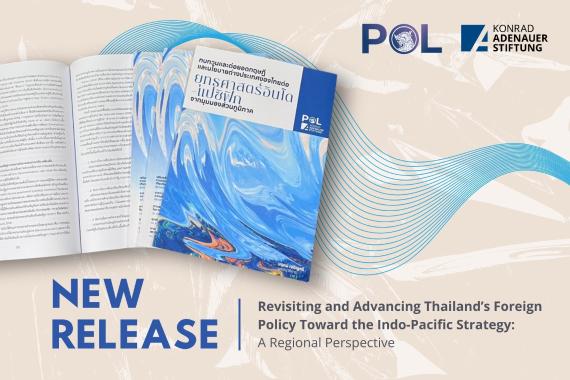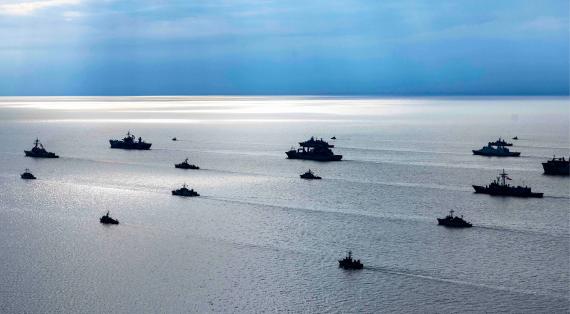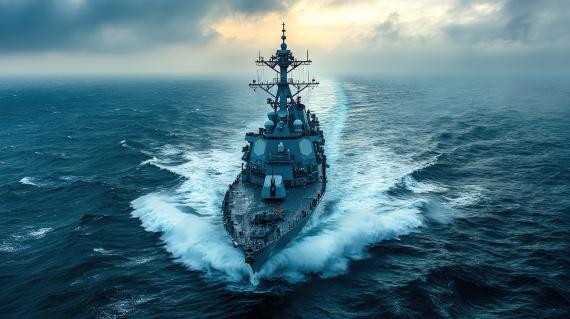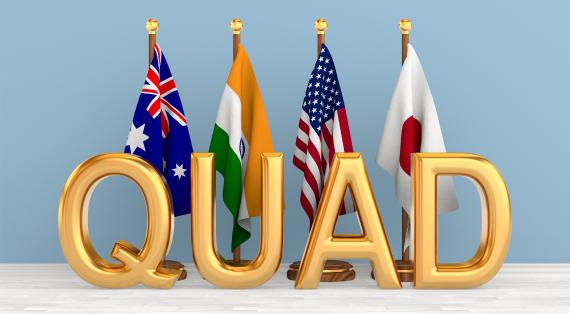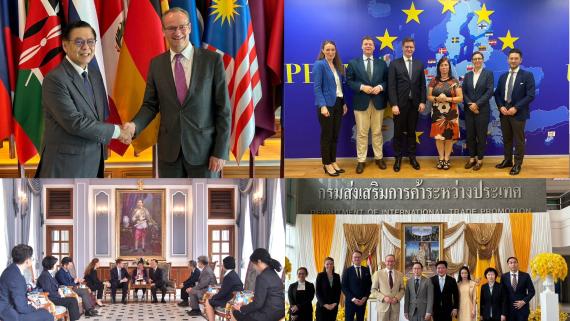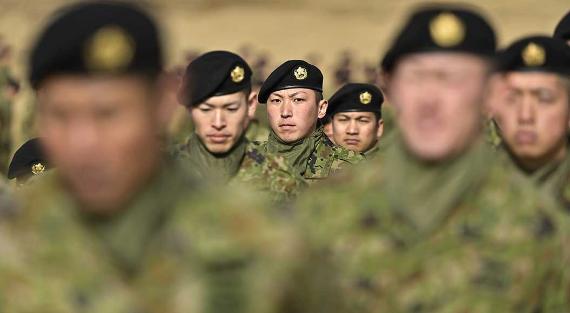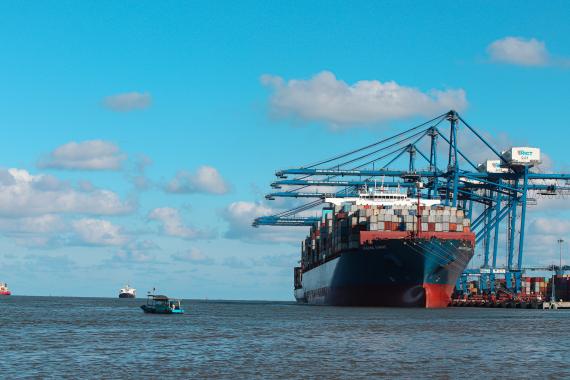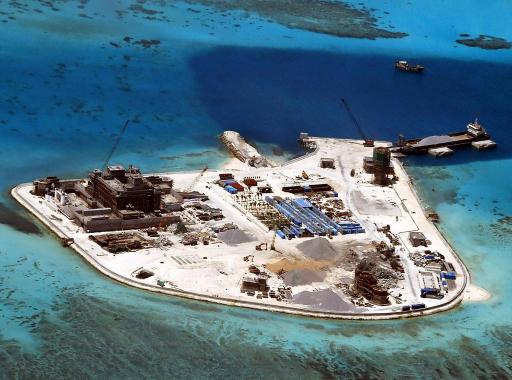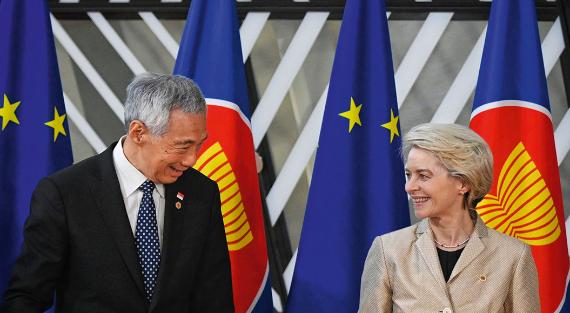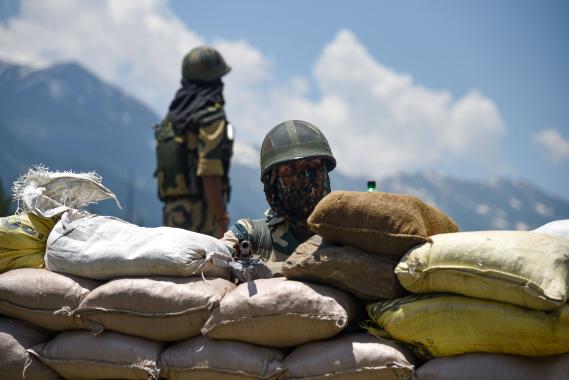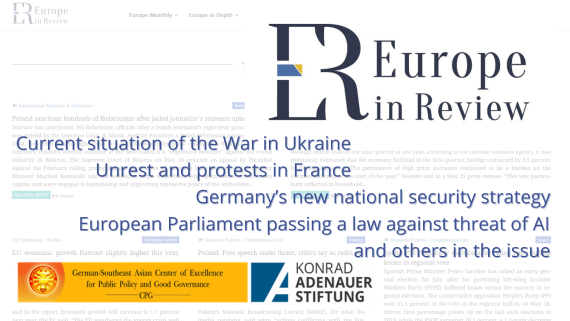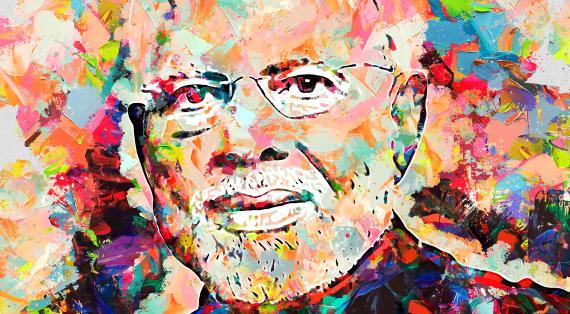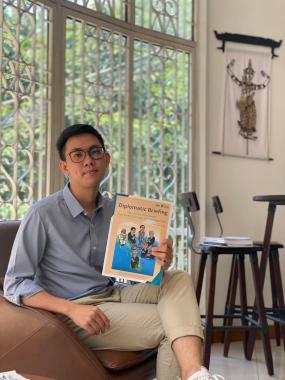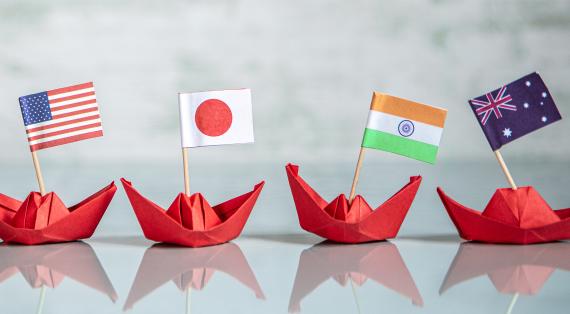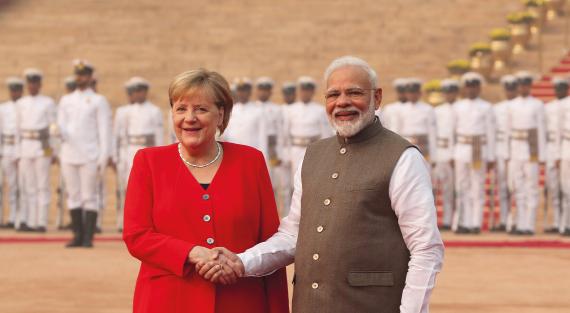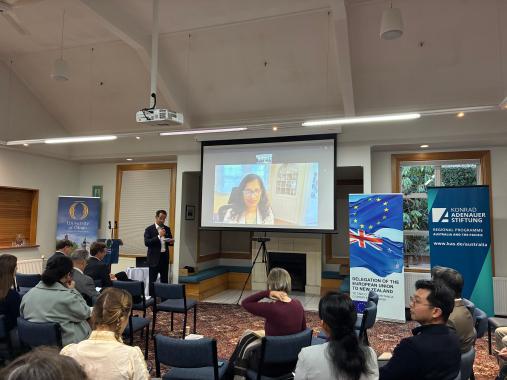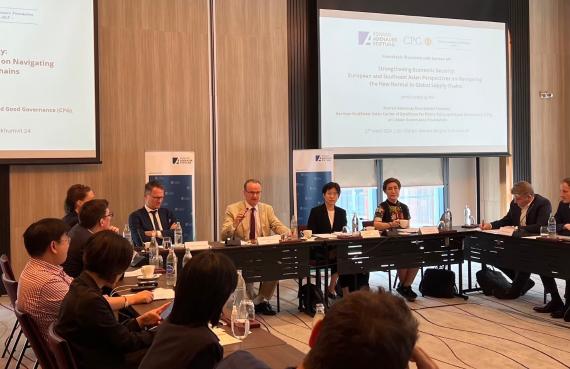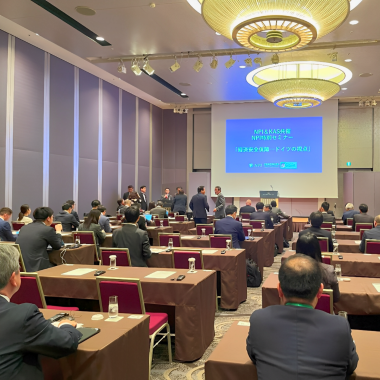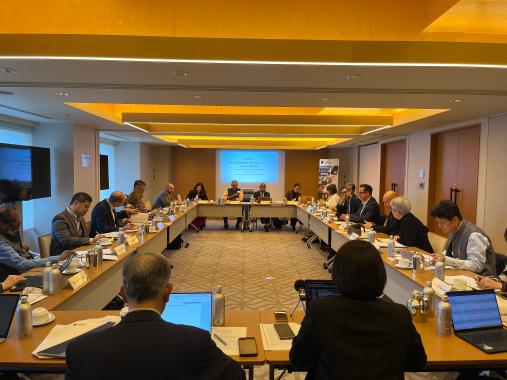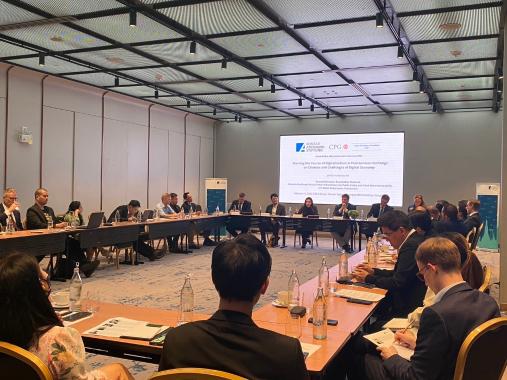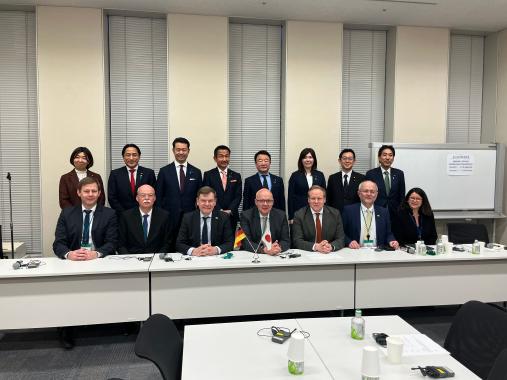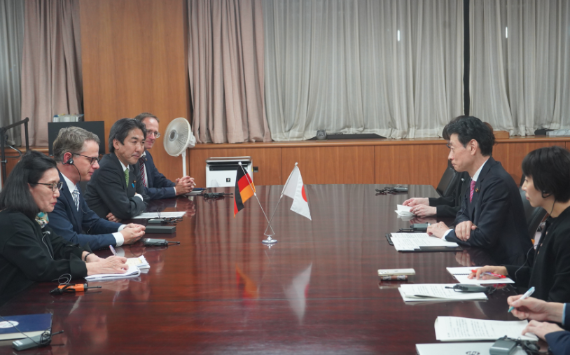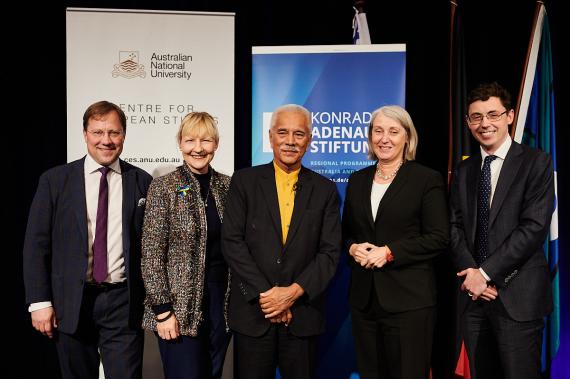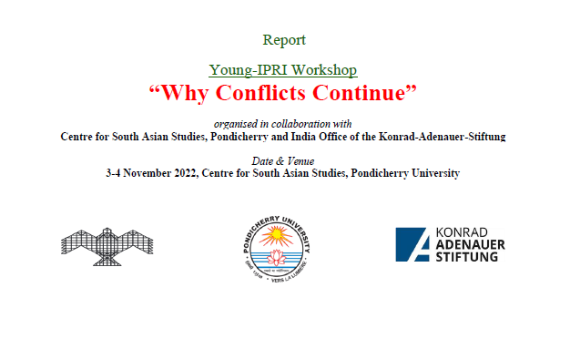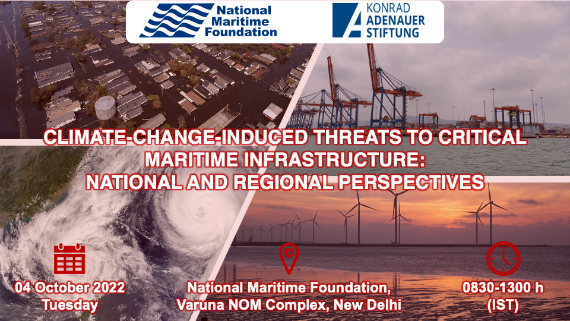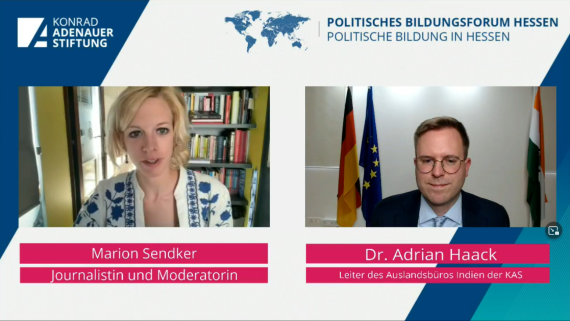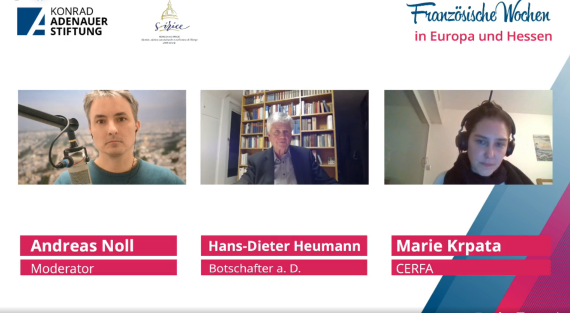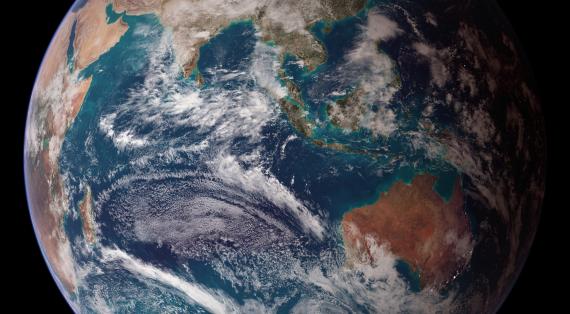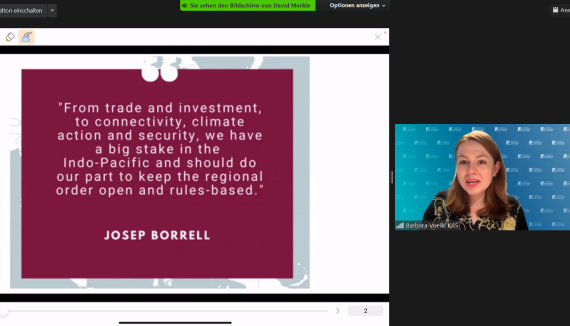Our commitment in the Indo-Pacific is not about being against something or someone, but about standing up for something together: It's about acting together. And about resolving potential conflicts peacefully and in partnership
At a glance
- The global significance of the Indo-Pacific has greatly increased, to which the German Federal Government has responded with the “Indo-Pacific Guidelines”. These guidelines aim to make relationships in the region more diverse.
- Scarcely any other region is currently developing as dynamically as the Indo-Pacific. There is competition for sources of raw materials, trading routes and strategic access to land and water.
- China is confidently pursuing power-political ambitions in the region and thus increasingly comes into conflict with the neighbouring states, the USA and Japan.
- Our longstanding local commitment enables us to strengthen connections between Germany, Europe and the Indo-Pacific. Our areas of focus in the region are multilateralism, security, rule of law, climate, energy, economy, free trade and digital transformation.
Content
1. Germany's foreign policy in the Indo-Pacific region
2. Geostrategic relevance of the region
3. Engagement of the Konrad-Adenauer-Stiftung on site
4. Publications, events and media contributions on the topic
Germany's foreign policy in the Indo-Pacific region
The geostrategic and geoeconomic importance of the Indo-Pacific region has steadily increased in recent years and decades. The German government responded to this development in September 2020 with the "Guidelines on the Indo-Pacific," placing the foreign policy focus on the geographic and thematic diversification of relations with the region. Behind this is also Germany's self-declared ambition to play a key role in shaping the relatively new political concept of the Indo-Pacific - not least in response to calls from the region for greater German engagement in the region. Established partnerships, including with the Association of Southeast Asian Nations (ASEAN), as well as with Germany's "likeminded partners" in the region, create the framework for more intensive multilateral cooperation. Germany is thus committed to strengthening the international rules-based order.
Geostrategic relevance of the region
Few regions are developing as dynamically as the Indo-Pacific. This region between the Indian Ocean and the Pacific, which is not uniformly defined, is home to the world's fastest-growing economies and, with the Regional Comprehensive Economic Partnership (RCEP), the world's largest free trade zone. The Strait of Malacca in Southeast Asia is considered the most important sea route in the globalized world. In the strategically highly tense region, there is increasing competition for sources of raw materials, trade routes and strategic access by land and sea. China is expanding its presence in the region and asserting self-confident power-political ambitions. Many littoral states see themselves under increasing pressure and are developing security strategies for the region. Japan and the United States were instrumental in coining the term Indo-Pacific. India and Australia at the same time are pursuing an increasingly proactive foreign policy and are targeting more cooperation with ASEAN or the partners in the Quadrilateral Security Dialogue (Quad).
Engagement of the Konrad-Adenauer-Stiftung on site
With a strong presence and long-term commitment in the region, the Konrad-Adenauer-Stiftung contributes to the stronger interconnection and dialogue of Germany and Europe with the region. KAS is active in a broad thematic spectrum and maintains an extensive network. Thematically, the focus particularly, but not exclusively lies on multilateralism, security, rule of law, climate and energy, economy and free trade as well as the digital transformation.






